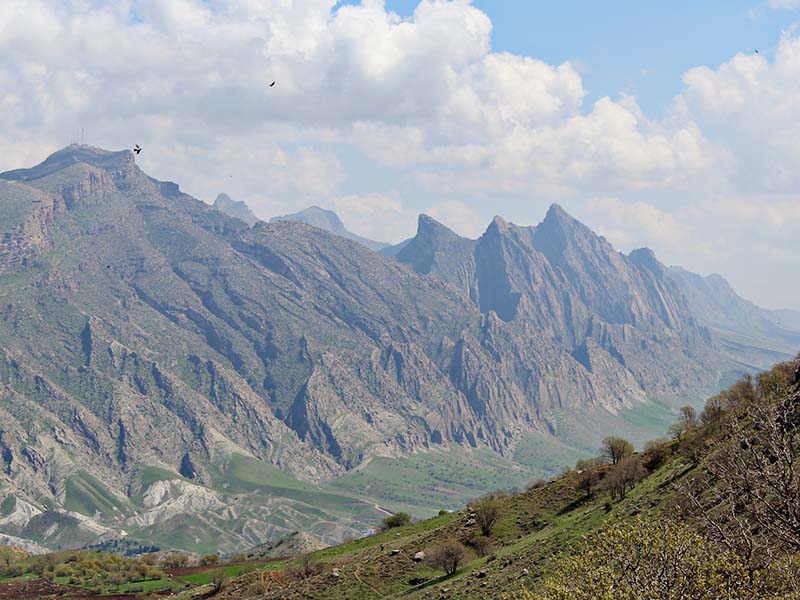“My friend contacted me and told me that an armed group took the house. He was afraid to take a shot (photo) of the house and send it to me,” said Mohammed. The militia had written on the external wall that this was an “apostate’s house.”
“I can’t control and sell the house in Baghdad… I don’t have any support in Baghdad. Most probably I would be killed if I am there and the governmental law protects the militias rather than protecting me because the militia pay the government back and support them on elections,” he added.
This incident happened before the election, when militias were hoping to exert their influence through the electoral process. Now that the electoral process is under dispute, militias are exerting their influence through other means.
The armed group with the most to gain and lose from the election is the Iranian-backed Hashd al-Shaabi militia. This militia is led by Haider al-Amiri, whose political alliance won the second most seats in parliament. Thus, he is a contender for a high-level government position, including the position of prime minister.
Many Christians are worried. Haitham, who lives in Baghdad, said, “It is a disaster having al-Amiri in that position. We (Christians) had the worst experience when Amiri was minister (of transportation) … Hashd is the little dog of Iran and they stand against ISIS, so they want their reward for that.”
Haitham has just opened a business in Baghdad, but given the uncertainty surrounding the election and the subsequent rise of armed violence, he is uncertain about its future and is considering fleeing to Erbil. However, because he spent $60,000 to open his business, he is “waiting at least to see a formed government. I am afraid of selling everything with less than half value if I decided to leave… He (Amiri) is a war man.”
Another believer voiced his concerns that the political situation is forcing Christians toward another critical juncture. “I think we are at the point where we cannot go back. Before 2003, just my older brother was living outside Iraq. But right now, my sister and I are the only ones left in Iraq. All the rest have left due to the bad situation, lack of education, different groups control [over] the country… so the only solution is to leave one day and I believe it is similar for most of Christians all over Iraq.”
Time will tell what the future will bring for Iraq’s Christian community. Predictions on how long Iraq will continue in a governing vacuum range from weeks to months. However, we know that history has shown how Christians fared under similar circumstances:
In 2003, Iraq’s government under Saddam collapsed.
In 2005, Iraq passed through a transitional stage while waiting for the creation of a constitution and new government
In 2010, Iraq broke the world record of failing to form a government by surpassing 207 days.
In 2014, Iraq completed an election and formed a new government.
“Christian immigration passed through three main stages,” explained a former resident of Baghdad to ICC. “The first was from 2005-2007, [the] second was in 2010 when some extremists attacked [a] church during Sunday mass and the third stage was in 2014 when ISIS attacked [the] Nineveh Plain.”
Sadly, the present circumstances offer similar warnings.
For interviews with Claire Evans, Regional Manager, please contact Olivia Miller, Communications Coordinator: [email protected]

